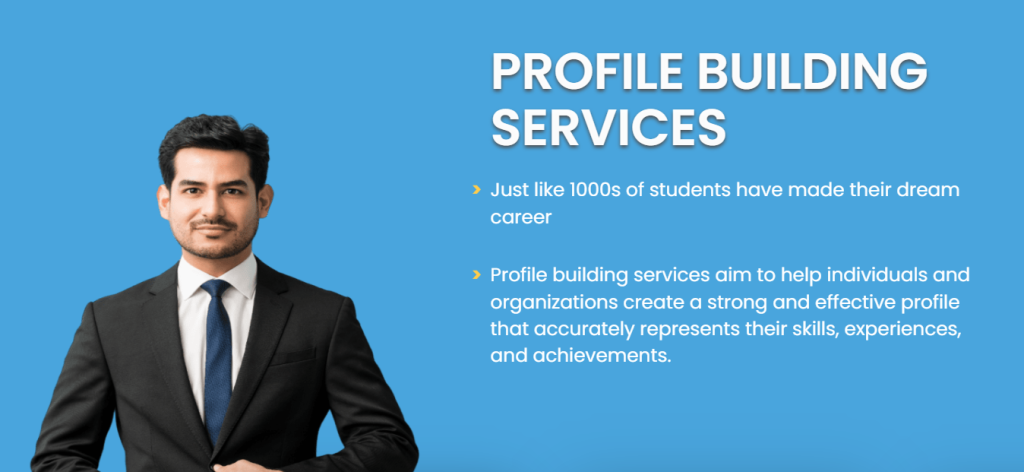Some of you might be surprised to hear that Humanities can be studied at iit courses after 12th arts HSSE (Humanities and Social sciences Entrance Examination) conducted by the IIT Madras, one of the premier top-rated institutes our country ( NIRF rank 1, QS Universities in India rank 4, QS Asian Universities rank 50, QS world university rank 275 to point out a few) Whatever stream you belong to, be it commerce, humanities or natural sciences, IIT Madras is there to offer you the desirable course if you are extremely inquisitive and highly motivated to pursue a course in arts and humanities. Here’s all you need to know about the how and whys of HSSE including the application and selection procedure, syllabus and how to study, the reasons to choose iit courses after 12th arts over other institutes, and the uniqueness of the course. Here are all about the humanities at IIT after 12th.
Humanities at IITs typically encompass a wide range of subjects, including literature, philosophy, history, sociology, psychology, economics, political science, anthropology, and more. These programs aim to provide students with a deep understanding of human culture, society, history, and the human condition, and develop critical thinking, communication, and analytical skills. Humanities programs at IITs are designed to complement the technical education provided in engineering and technology, and help students develop a holistic understanding of the world.
Application Procedure
Admission to the Humanities and Social sciences 5 year-integrated courses is according to the marks obtained in the qualifying exam conducted by the department every year. The rank list is prepared on the basis of merit and by following the guidelines for reservation. Continue reading for more information on Humanities at iit courses after 12th arts. The HSEE is conducted for two integrated programmes – Development Studies and English studies. There are 52 total seats including reserved ones, i.e. 26 for each of the two courses. Anyone who has completed their 12th class or any equivalent level of education under state or central board recognized by Association of Indian universities can apply for the examination.
The necessary documents in the prescribed format should be submitted through the online portal of the IIT Madras HSS department after registering for the exam through the website hsee.iitm.ac.in. Students belonging to the general section, economically weaker section and other backward classes require a minimum of 60% marks in the qualifying exam. Download the brochure from the official website and go through the detailed admission procedures and selection criteria.
Exam Syllabus and Study Tips
Given the limited number of seats, yes, cracking HSEE, for Humanities at IIT, is not a piece of cake. But with the right preparation strategies, passion and commitment, you can win the stiff competition. To start with, look at the exam pattern and the syllabus. Exam consists of two parts.
Part I – English (25%), Analytical and quantitative (50%), General questions (50%) English questions will test your grammar, reading skills and vocabulary. Analytical and quantitative questions will test your knowledge in basic statistics, algebra, logical reasoning etc. along with brain teasers and patterns. General questions comprises of 4 subparts – Indian economy, Indian society and culture, World affairs and Environment & Ecology.
iit courses after 12th arts iit courses after 12th arts iit courses after 12th arts iit courses after 12th arts iit courses after 12th arts
How the HSS Course is Unique
A Master’s degree in Humanities and Social Sciences at IIT Madras can give you several advantages over other master’s degrees which focuses on a single or a few disciplines.
The syllabus of the course will take you through a heterogeneity of subjects including English, Western and Indian philosophies, Environmental studies, Constitution, Sociology, Foreign Language, Human Rights, Literature, Economics, International Relations, Linguistics, Information Technology, Logics and Statistics. This is just a quick glimpse of the course structure. The multi-disciplinary approach of the course best suits civil service aspirants as it provides you with in-depth knowledge of a vibrant combination of courses. You can also go for a lot of other career options or plan for further studies abroad or at the best institutes here
Why IIT Madras Over Other Institutes?
The top-ranking comes with a reason, right? And why study Humanities at IIT Madras? Other than the tag or the brand name you earn after your graduation, there are several other perks you might be having after your course. Your career possibilities will be significantly high. All the students that surrounds you will be some of the country’s best-brains. So, there’s a lot of space for healthy discussions, debates and exchange of ideas that will cause you to challenge yourselves and help you grow. Besides, you will be taught by the faculties having high national and international profiles. Their teachings will worth it and their recommendation letters too can help you for your future study plans. Plus, your department have an excellent placement cell to aid you catch your dream job.
Also, your campus will be representing the multi-cultural heritage of India. Inside that small hub, you will get to meet people from all over the nation, thus enhancing your social and communication skills. Furthermore, Madras, the current Chennai has to offer you a different living experience and a great visual treat.
PROFILE BUILDING SERVICE FOR ABROAD ADMISSION
Academic Excellence: Universities abroad typically place a strong emphasis on academic performance. Maintaining a high GPA or equivalent academic scores in your relevant field of study is essential. Take challenging courses, excel in your coursework, and aim for academic awards or honors.
Standardized Tests: Many international universities require standardized test scores such as the SAT, ACT, GRE, or GMAT. Prepare thoroughly for these tests, and aim for a competitive score that aligns with the requirements of your desired universities.
Extracurricular Activities: Participate in extracurricular activities that align with your interests and passions. This could include leadership roles in clubs or organizations, volunteer work, sports, cultural activities, or community involvement. Quality over quantity is important, so focus on meaningful contributions and achievements.
iit courses after 12th arts iit courses after 12th arts iit courses after 12th arts iit courses after 12th arts iit courses after 12th arts
Research or Internship Experience: Gaining research or internship experience related to your field of study can greatly enhance your profile. Seek opportunities to work on research projects, internships, or industry collaborations to gain practical experience and demonstrate your skills and knowledge.
Strong Letters of Recommendation: Request letters of recommendation from professors, mentors, or employers who can speak to your abilities, achievements, and potential. Choose recommenders who know you well and can provide specific examples of your strengths.
Statement of Purpose: Write a compelling and well-crafted statement of purpose (SOP) that showcases your motivation, goals, and fit with the program or university you are applying to. Tailor your SOP to each university to demonstrate your genuine interest and research about the institution. Visit careerguide now.
Read Also:
Related posts:
- What After Studying Humanities Stream In 12th?
- 8 career tips on Web Designing after 12th
- 7 Tips on BSc Nursing after 12th
- 7 Tips on B. Pharma after 12th
- 7 Tips for Business administration after 12th
- 7 tips to have a career in BMM
- 8 career tips on BSc accounting after 12th
- 8 Career opportunities in Psychology after 12th






















